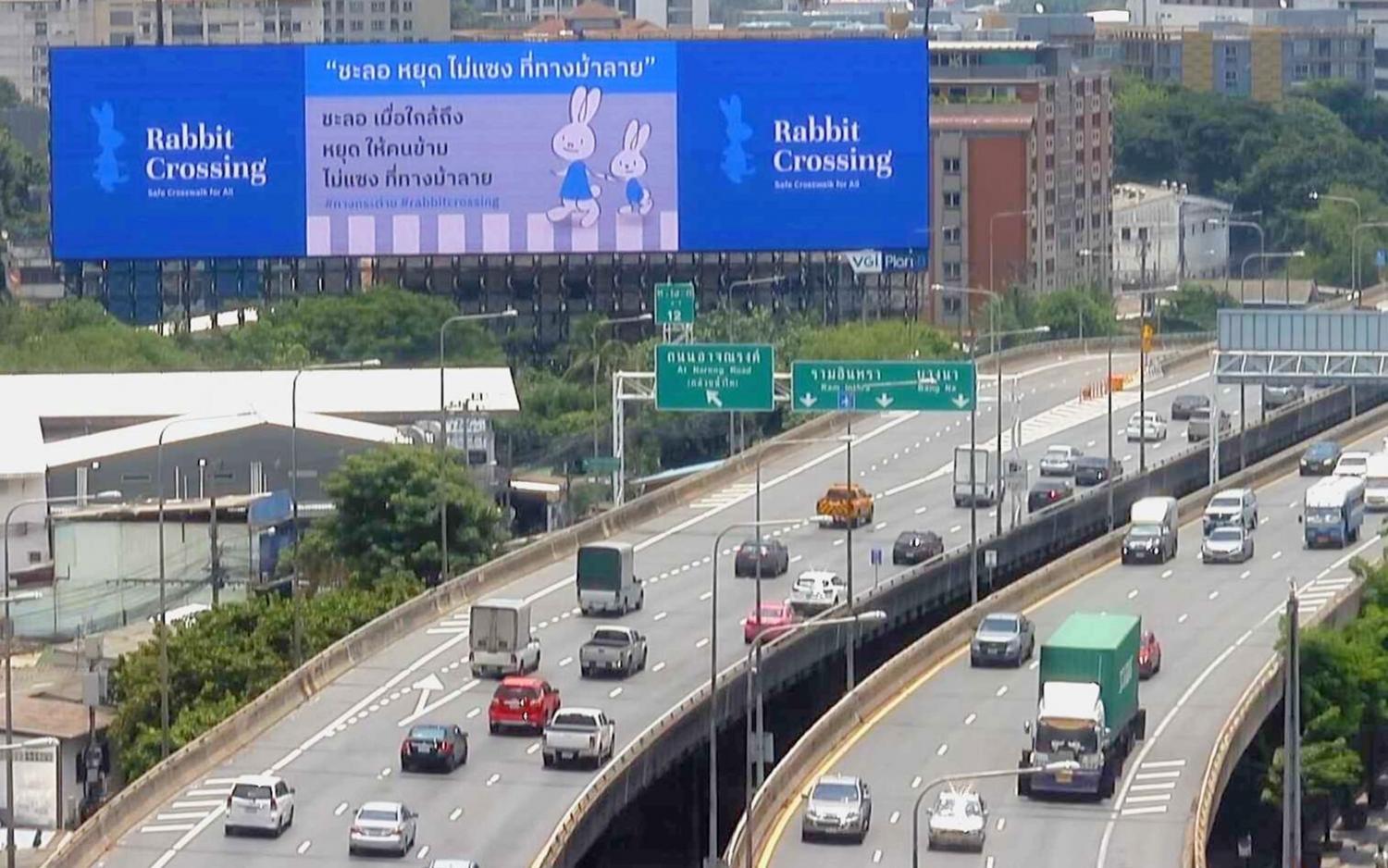
The Royal Thai Police are making the right move by increasing the penalties for traffic law violators.
Effective by December, the newly amended traffic law carries fines of up to 4,000 baht for those running a red light, speeding and failing to stop at a pedestrian crossing. Motorists convicted of drunk driving will face a jail term of up to one year and/or a fine of up to 20,000 baht. Repeat offenders will face two years in prison and/or up to 100,000 baht in fines.
Meanwhile, the government has also made an important move in reforming the enforcement of traffic laws. On Tuesday, the cabinet approved in principle a draft bill on the judicial process on traffic violations, which was proposed by the Court of Justice. The bill aims to create a new Court of Justice department to handle violations currently managed by traffic police.
Wrongdoers in some cases, such as speeding, drunk driving or driving without a licence, would have to meet officials at the Court of Justice via appointments pre-arranged by the police. These officials would file the charges and collect the fines for those cases that do not need to go to court.
If the draft law is approved, it is believed it will help reduce the problem of police extorting money from motorists.
However, while these legal measures are needed to control reckless driving, they are not enough to make the roads safer.
Because these law-based solutions deal with the end results, they will not prevent accidents from taking place. Indeed, some critics have argued that higher fines and the lengthy process will only encourage wrongdoers to pay kickback money.
The major problem is that the government often looks at and deals with road traffic accidents from a legal perspective. Therefore, most solutions are legal measures to correct bad behaviour. Yet, the government rarely looks at the problem in terms of infrastructure. So little attention is paid to improving infrastructure to boost road safety.
Despite 3,000 pedestrians being hit by cars and motorcycles last year -- with 163 of them dying -- pavements and crossings remain unsafe as they lack proper lighting and warning signs.
While local and national authorities have invested in trying to improve tourism and business, little has been done to boost road safety for motorists. One result is that promotional billboards are often allowed to be placed along roads, blocking drivers' visibility.
Little has been done either to provide alternative mass-transit systems affordable to all people. The fast and convenient mass-transit system in Bangkok is still expensive, which does not encourage people to ditch their cars and motorcycles to go to work. Not only does the high traffic volume increase the number of accidents, but it also adds to greenhouse emissions and worsens air pollution.
Another crucial group that should be given more attention is motorcycle riders who account for 49% of road accidents in Thailand. Only around 50% of motorcycle riders and 20% of passengers wear helmets. The government has done very little to provide safety training or find ways to improve this dire situation, such as by offering incentives to make people wear helmets.
It is clear that the government needs to change its safety strategy from purely one of penalties to also include prevention. Making reckless drivers face justice is a good plan, but it would be far better to also prevent accidents from occurring in the first place.
